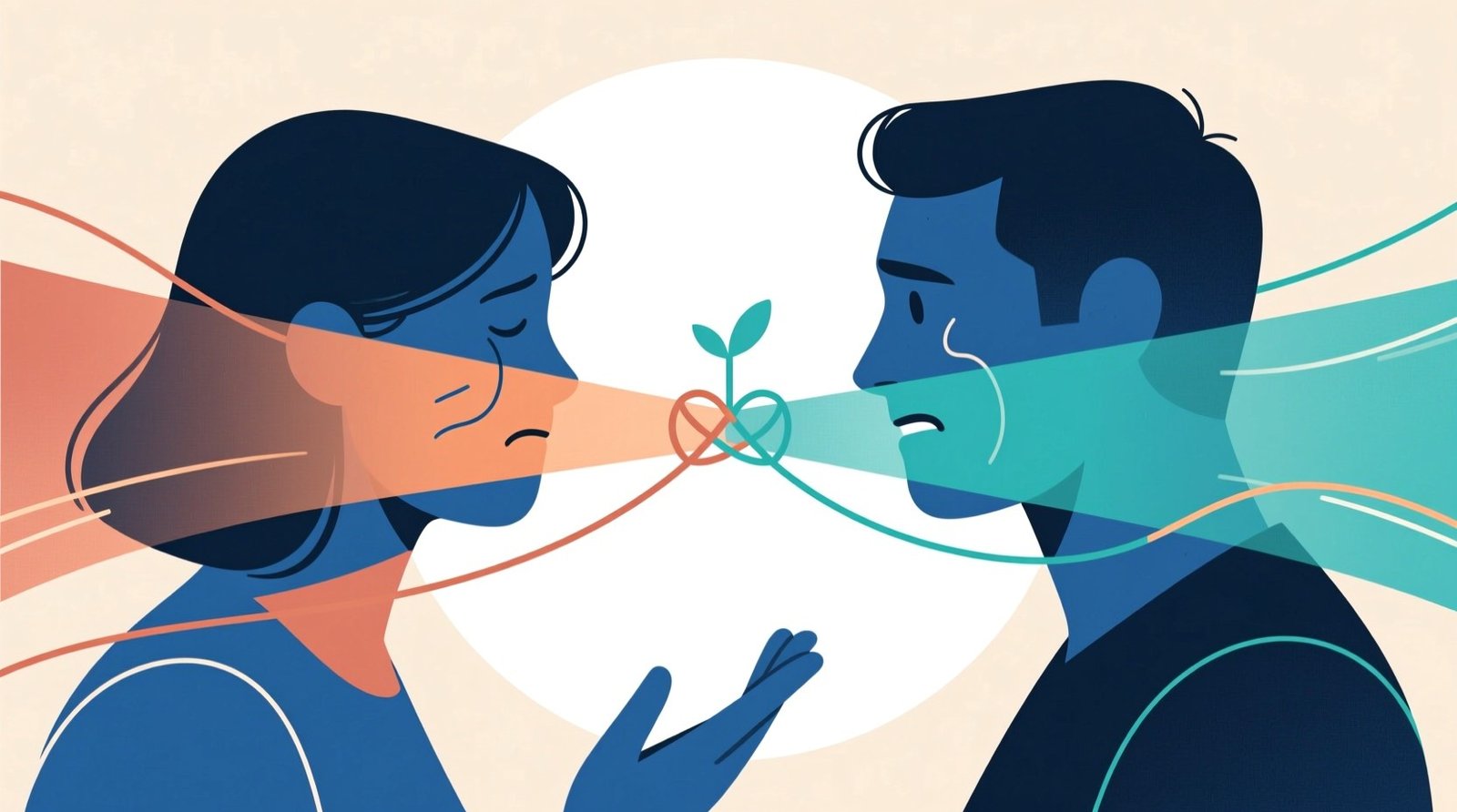Breakup Recovery Guide: Tips for Healing, Personal Growth, and Embracing New Beginnings
Breakups are among life’s most emotionally challenging experiences, often leaving individuals feeling lost, hurt, and confused. Yet, they are a universal part of the human experience, teaching invaluable lessons about love, resilience, and personal growth. This guide, crafted with expertise from relationship counselors and psychologists, aims to navigate the tumultuous journey of a breakup with grace and strength.
Understanding the Emotional Stages of a Breakup
The emotional turmoil following a breakup can be overwhelming, but recognizing the stages one might go through can provide some structure in chaos. Inspired by the Kübler-Ross model, these stages include:
Understanding these stages helps in normalizing the emotions felt during the breakup process, emphasizing that these feelings are a natural response to loss.
Self-Care and Emotional Well-being
Navigating a breakup requires prioritizing one’s own well-being. Self-care is not just beneficial; it’s necessary for healing:
Physical Health: Regular exercise, nutritious food, and sufficient sleep can significantly improve mood and energy levels.
Mental Health: Practices like mindfulness and meditation can reduce stress and anxiety, helping maintain emotional balance.
Social Support: Connecting with friends, family, or joining support groups provides comfort and perspective during this challenging time.

Processing Your Emotions
Expressing and confronting one’s emotions is crucial in the healing process:
- Journaling: Writing down thoughts and feelings can be a therapeutic outlet, helping to process and make sense of the emotions experienced.
- Creative Expression: Art, music, or dance can serve as powerful mediums to express feelings non-verbally.
- Professional Support: Sometimes, navigating the complexity of emotions requires the guidance of a therapist or counselor, offering professional support and strategies to cope with the breakup.

Establishing Boundaries and Communication
Post-breakup, establishing clear boundaries is essential for emotional healing. This might mean limiting or completely cutting off communication with your ex-partner, at least temporarily, to allow yourself space to heal. Effective communication is crucial if contact is necessary (due to shared responsibilities or children):
- Clear Boundaries: Define what you are comfortable with in terms of interactions and stick to it.
- Direct Communication: If you must communicate, be clear and concise about what you need to discuss, avoiding unnecessary emotional topics.
Rediscovering Self and Personal Growth
A breakup often leaves a void in one’s life, but it also presents an opportunity to rediscover oneself and grow:
- Explore New Interests: Engage in activities or hobbies you’ve always wanted to try but never had the time or opportunity for.
- Expand Social Circles: Meet new people or reconnect with old friends; this can provide fresh perspectives and experiences.
- Self-Reflection: Use this time to reflect on personal goals, values, and what you want from future relationships.
Navigating Social Media and Mutual Friends
Social media can complicate post-breakup recovery. Similarly, dealing with mutual friends requires tact:
- Social Media Detox: Consider taking a break from social media to avoid the pain of seeing your ex’s activities or mutual friends taking sides.
- Handling Mutual Friends: Communicate your needs clearly without forcing friends to choose sides, and decide how to manage social interactions in shared circles.
The Importance of Closure
Closure is a personal journey that signifies the end of a chapter:
- Personal Closure: Understand that closure is an internal process that may not always involve your ex. It’s about coming to terms with the end of the relationship.
- Seeking Resolution: If possible, a final, honest conversation with your ex-partner can help both parties express unresolved feelings and say goodbye.
When to Start Dating Again
There is no set timeline for when to begin dating after a breakup; it’s when you feel ready:
- Healed and Whole: Ensure you’ve healed from the past relationship and are not seeking a new one just to fill the void.
- Open to New Possibilities: Be open to experiencing love again, with a clear understanding of what you seek in a partner and a relationship.
Conclusion
Navigating a breakup is a deeply personal and often painful journey, but it also offers opportunities for personal growth and self-discovery. By approaching this challenging time with self-care, patience, and introspection, one can emerge stronger and more ready for the future. Remember, it’s not just about moving on but growing from the experience, embracing the lessons learned, and looking forward to new beginnings.






